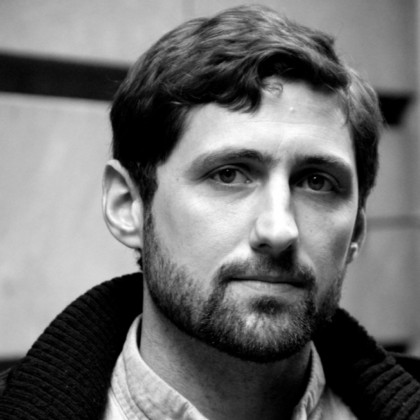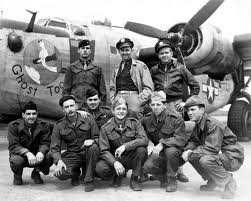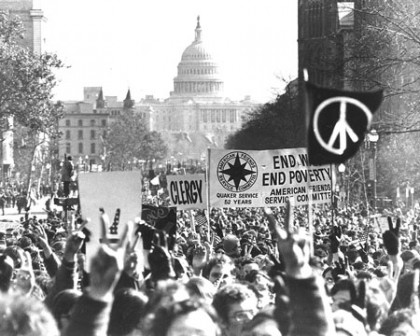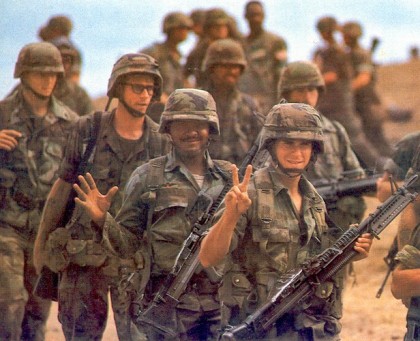Pity the Veterans?
Devra Torres | May 25, 2014
Yesterday my daughter, Regina, pointed out an interesting article. It’s called “Treat Veterans With Respect, Not Pity,” by Phil Klay, and it’s worth reading in full.
The author recounts a disquieting new tendency he’s noticed: when people hear he’s a veteran of the Marines: they express pity, try to soothe and comfort him, and assume he’s “broken” and “damaged.” (One older woman even "came up to me and, without asking, started rubbing my back…as if I was a startled horse in a thunderstorm.”)

These strangers are so confident of their assumptions that many proceed straight from acquaintance with his veteran status to full-blown diagnosis. They're undaunted by their own ignorance of both medicine and his particular experience. One stranger, upon hearing that Klay didn’t suffer from post-traumatic stress disorder, opined that he “needed to have an honest conversation with [him]self.”
Klay is very gracious about it all: he appreciates the good intentions. “I'm never offended,” he clarifies, because “these are genuinely concerned people trying to reach out.” And he feels a little “awkward” to be complaining about the pity—after all, he’s not being labeled a murderer, like the Viet Nam vets, or even expected to live up to the heroism of the “greatest generation.” 
He's not minimizing PTSD, or the horrors of war, either. Still, he’s a little baffled, a little exasperated.
Part of the problem, I think, is the ever-expanding definition of mental illness. The diagnosis of everything from depression to autism is so much more elastic than it used to be. In some ways this is wonderful—a movement away from reductionism—but treating the natural human response to war as a pathology can get out of hand.
And treating so many kinds of response as a specific illness isn’t helpful, either. Klay quotes Iraq veteran Brian van Reet's observation that "PTSD has graduated from a diagnosis into an idiom used by soldiers and civilians to talk about all kinds of suffering, loss, grief, guilt, rage, and unrewarded sacrifice."
Then he says something interesting:
I suppose it is the lot of soldiers and Marines to be objectified according to the politics of the day and the mood of the American people about their war.

The tendency to replace respect with pity, though, seems to be something more than a function of politics. “Objectified” is a key word here; “politics” may or may not be.
And then he zeroes in on the truth even more closely:
The theologian Jonathan Edwards didn't consider pity an expression of "true virtue." Pity addresses the perceived suffering, not the whole individual. Pity sidesteps complexity in favor of narratives that we're comfortable with, reducing the nuances of a person's experience to a sound bite.

What's at work here is more than our fluctuating views on foreign policy. It's our enduring attempt to whittle the human person down to something that can be labeled and responded to in a one-size-fits-all kind of way. Veterans, like the rest of us, resist being "boxed," labeled, and dismissed. Even those who don't insist that all veterans are "broken" can be guilty of this: As Klay urges:
...let's not see the veterans engaged in...[charitable] work as a group of "healthy" veterans who can be contrasted easily with a second group of "broken" veterans....Clay Hunt was a Marine who served two deployments in Iraq, provided relief efforts after earthquakes in Chile and Haiti, raised money for wounded veterans and helped lobby Congress for veterans' benefits. He also, at age 28, joined the sad ranks of veterans who have taken their own lives.
So how do you respect a veteran? How to avoid being one more well-meaning person who's missing the point? By treating him not as a condition, or a disorder, or an object of pity. By treating him not as an object at all, but as a person.

